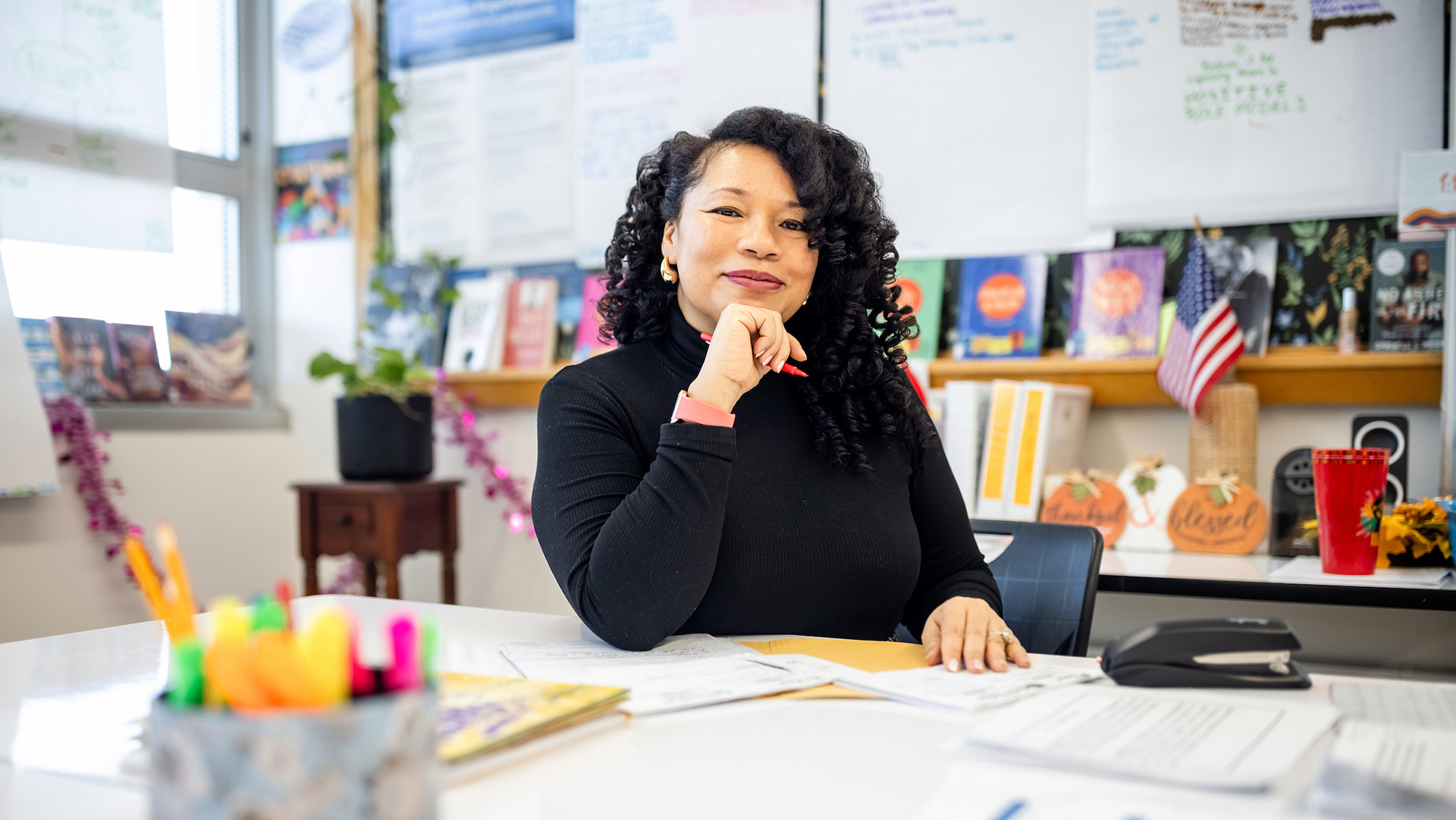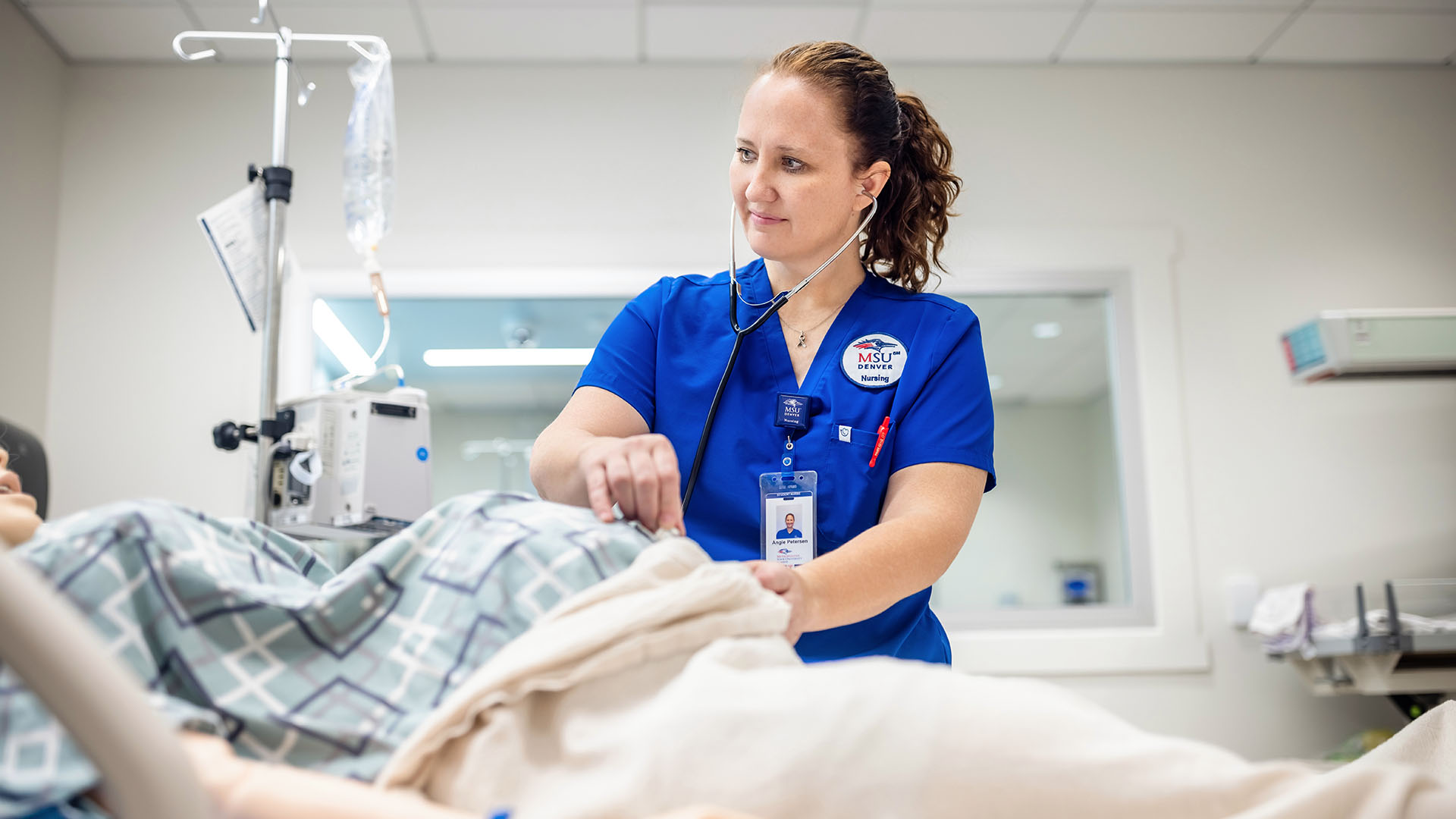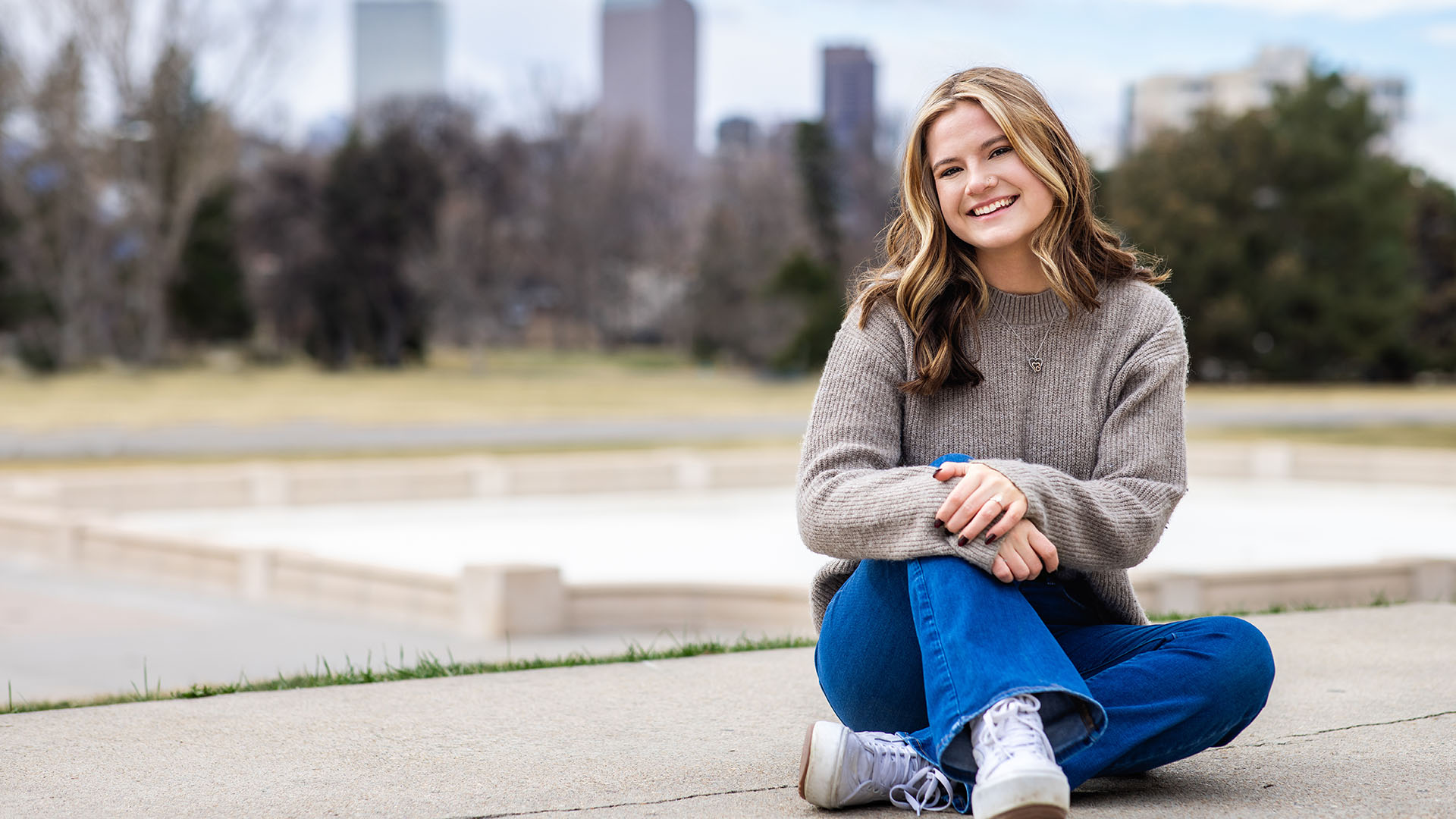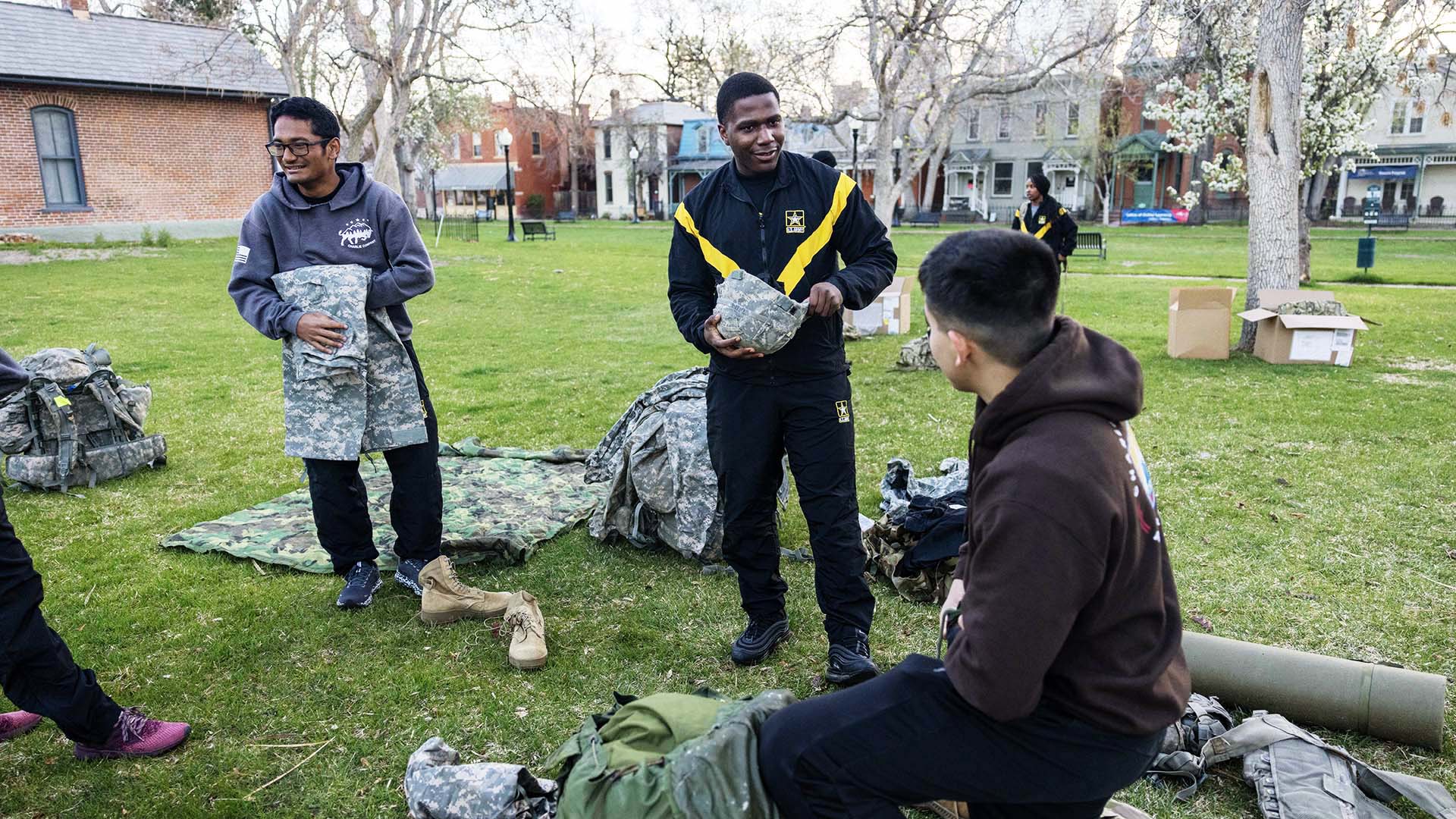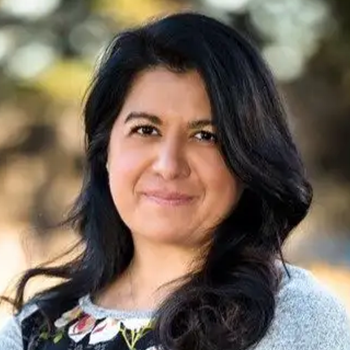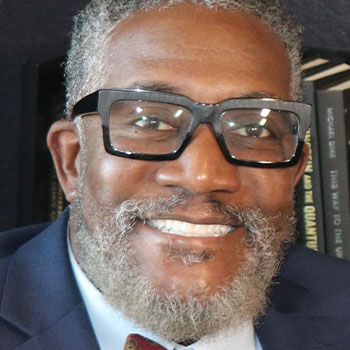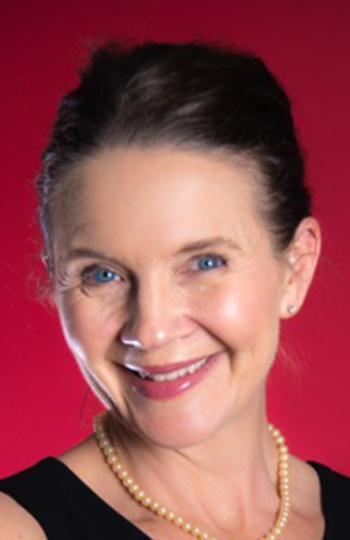Third-gen teacher speaks kids’ language
Jacqueline Lujan gives kindergartners “wild curiosity” by reaching them where they are.
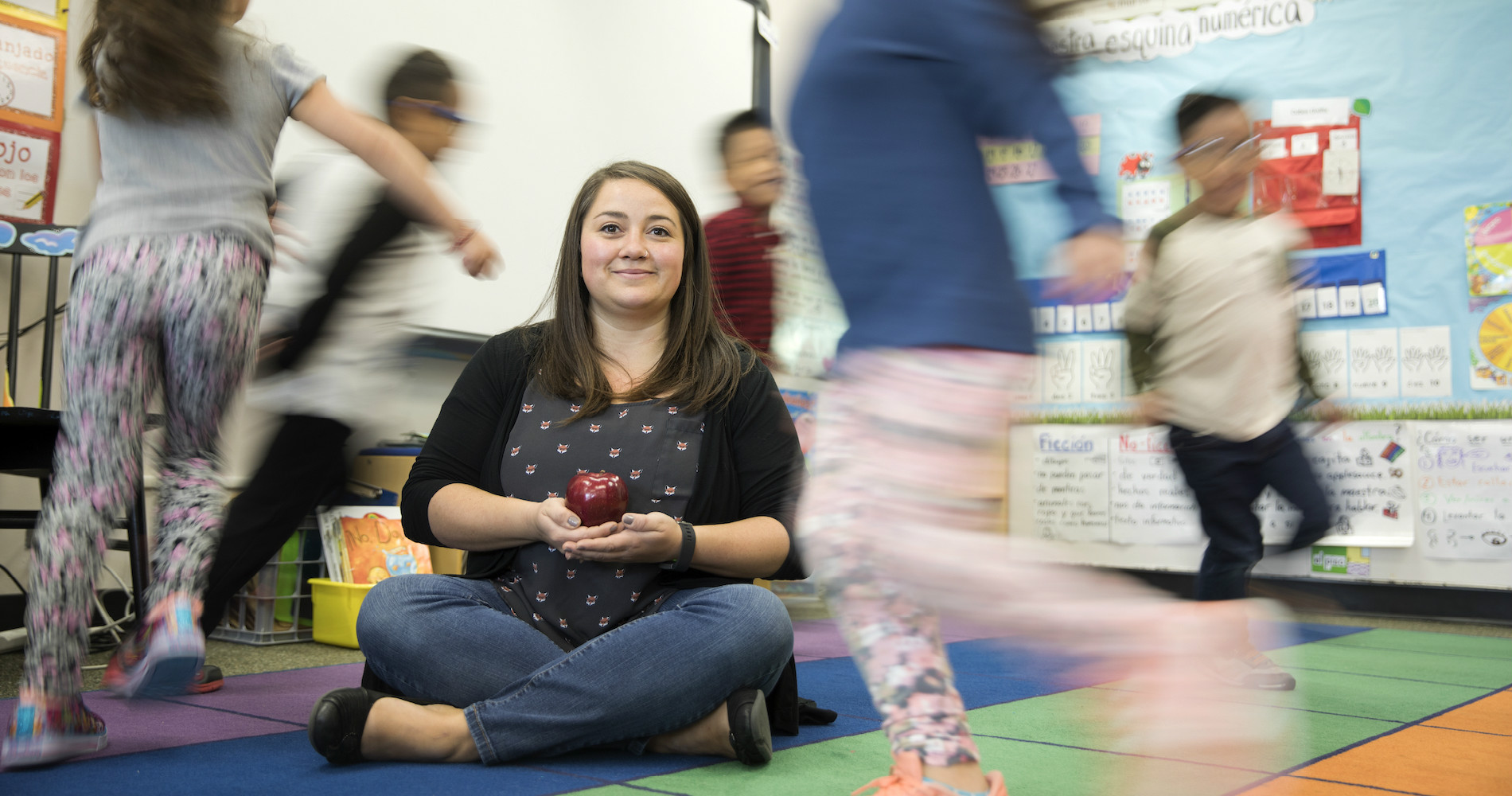
It was something Jacqueline Lujan noticed fairly quickly this fall semester – some kindergartners at Holm Elementary in southeast Denver didn’t know how to hold a pencil. Others couldn’t write their names or identify numbers or letters. Others wouldn’t raise their heads after sitting down at their desks, as they were just starting to form their personal identities and developing a sense of confidence.
But Lujan was fine with that. It’s her job to be fine with that. She’s been teaching just three years, but it’s been long enough to know she can make a difference in all of those kids’ lives.
She also knows that by next May, they’ll be ready to move on to first grade – knowing their numbers and letters, writing their names and much more, and making friends.
And it’s likely that when they’re older, they’ll also know that their kindergarten teacher cared – a lot.
“It’s why we do what we do,” says Lujan, who completed Metropolitan State University of Denver’s Elementary Education Post-Baccalaureate Licensure program in 2015.
“I hope that my students leave my classroom with wild curiosity and a passion for learning.”

That mission is being accomplished, and it’s easy to see why – the kids are catching that wild curiosity and passion from their teacher.
She’s especially passionate about the kids at Holm, which hosts several language-minority students.
Lujan is a perfect fit there – she’s bilingual and an English language acquisition educator who teaches students in their native language (Spanish) to build on their background and experiences.
“We work to make their lessons culturally relevant. In literature, we make sure the characters are ones they can relate to, from Peru or Mexico, for example,” Lujan says. “It gets them more interested and puts it all on their cultural level.”
Teaching this way is by design for Lujan. It’s about building authentic relationships with students so that equity and opportunity await them.
“Being a teacher is not only about becoming a transmitter of knowledge but also a cultivator of a love for learning and supporting the whole child – their social, emotional, developmental and academic needs,” she says. “I’ve always known I wanted to work with and serve the Latino community in some way.”
For Lujan, the teacher’s apple doesn’t fall far from the tree. Her mother and stepfather teach, and her paternal grandparents did too. She grew up spending time in her parents’ classrooms, seeing firsthand the commitment and impact that educators make on their students. She says their care for students and passion for equity were important in her personal growth.

Lujan says her professors at MSU Denver helped mold her as well.
“They taught me that each student is unique (in) their own rich experiences and background,” she says. “It’s our job to figure out how to tailor their education to their individual needs and learning styles.”
She adds that she got plenty of experience doing just that via several experiential-learning and teacher-residency programs at MSU Denver.
“I was able to spend time in classrooms all over the Denver metro area to better understand the span of diversity that we’re fortunate to have in Colorado,” she says. “My time spent in classrooms … was where I learned that teaching is not only a profession; it’s a vocation.”

